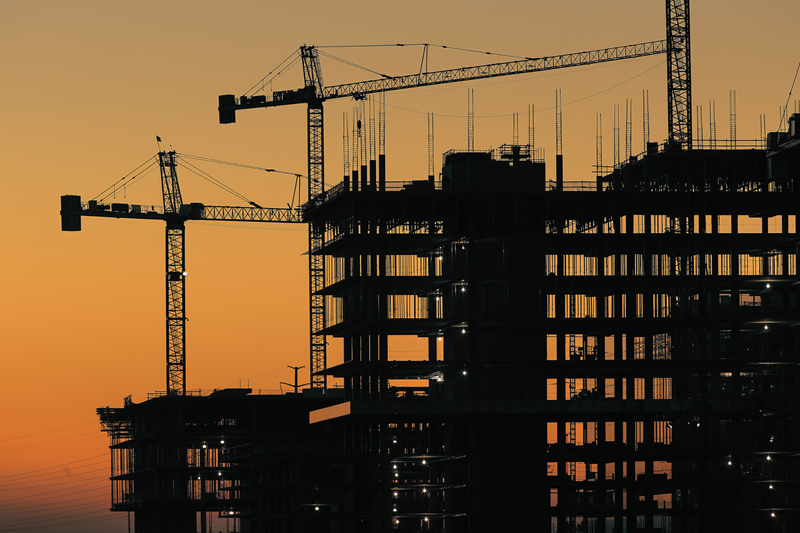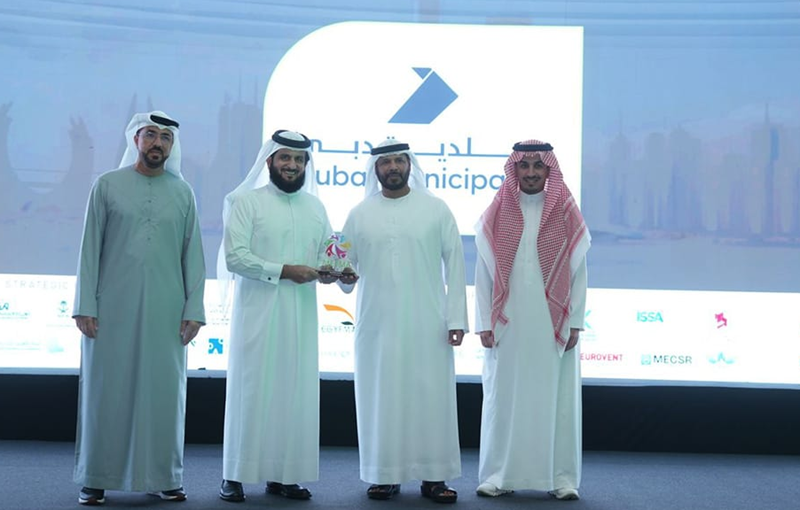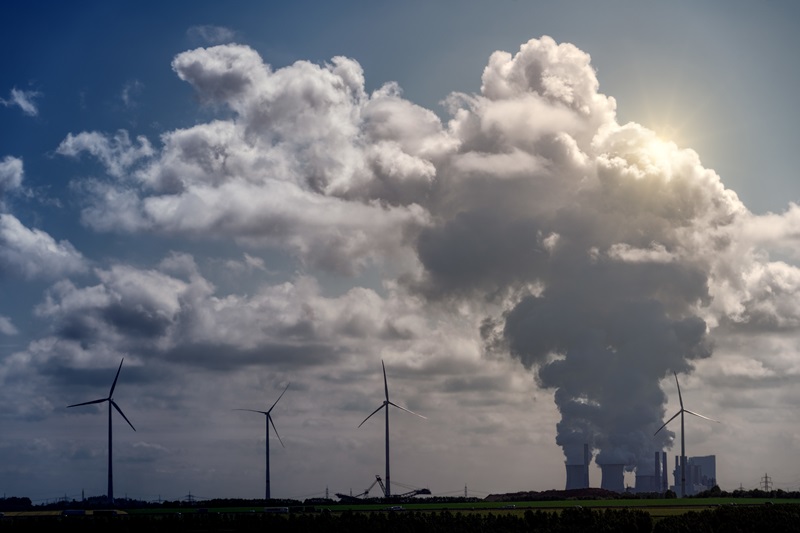
The global transition toward cleaner industrial production is accelerating, with more than 1,000 commercial-scale projects now in various stages of development worldwide, according to a new report by the Industrial Transition Accelerator (ITA) and Mission Possible Partnership (MPP).
The report, Clean Industry: Dawn of a New Era, highlights significant progress in the decarbonisation of energy-intensive sectors such as aluminium, steel, fuels, and cement. For the built environment and construction sectors, advances in clean cement production represent one of the most impactful developments, with new materials and processes emerging that can substantially reduce emissions in building projects.
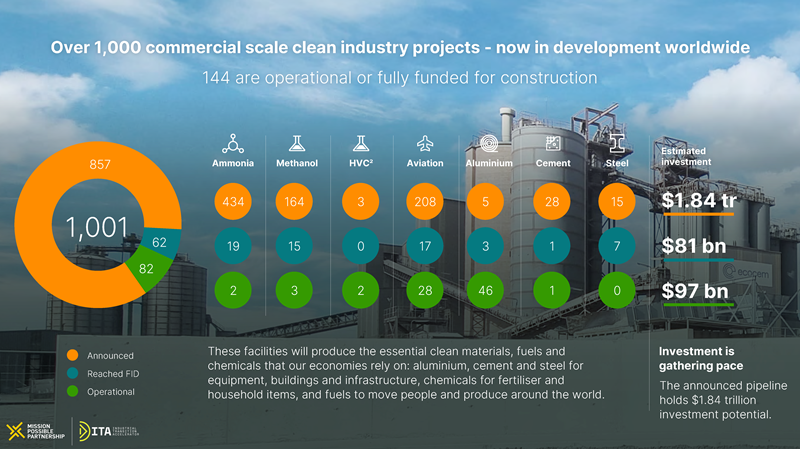
The report notes that “deep decarbonisation in cement remains challenging,” but innovations such as calcined clay cement are already achieving up to 70% emissions reductions compared to conventional clinker-based processes. These solutions also lower costs, reduce dependence on clinker imports, and improve construction affordability in emerging markets.
Developers and technology providers including Ecocem, Vicat, and CBI are leading deployment of low-carbon cement technologies in Europe and North Africa, with growing demand from construction and infrastructure developers seeking to align with sustainability goals.
For regional operators in the Middle East, particularly in the UAE, Saudi Arabia, and Egypt, the findings underscore the potential for clean cement adoption as governments ramp up net-zero commitments and sustainable construction standards. The Gulf’s expanding construction pipeline — from megaprojects like NEOM to large-scale housing and cultural developments — presents an opportunity for local manufacturers to invest in low-emission production technologies and circular material solutions.
Faustine Delasalle, Executive Director of the Industrial Transition Accelerator, said that clean industry is “no longer a vision for the future” but a growing global opportunity. “Those who demonstrate strategic foresight and commitment to the clean industrial transition stand to reap its benefits,” she said.
The ITA, launched during COP28 in Dubai, aims to accelerate decarbonisation across heavy-emitting industries by facilitating investment and collaboration between governments, financiers, and project developers.
With construction materials accounting for nearly 40% of embodied carbon in new buildings, the report’s findings are particularly relevant to built environment operators. The introduction of clean cement solutions could help developers, asset managers, and facilities managers meet ESG targets while reducing long-term operational costs and supply chain risks.
cement decarbonisation emissions
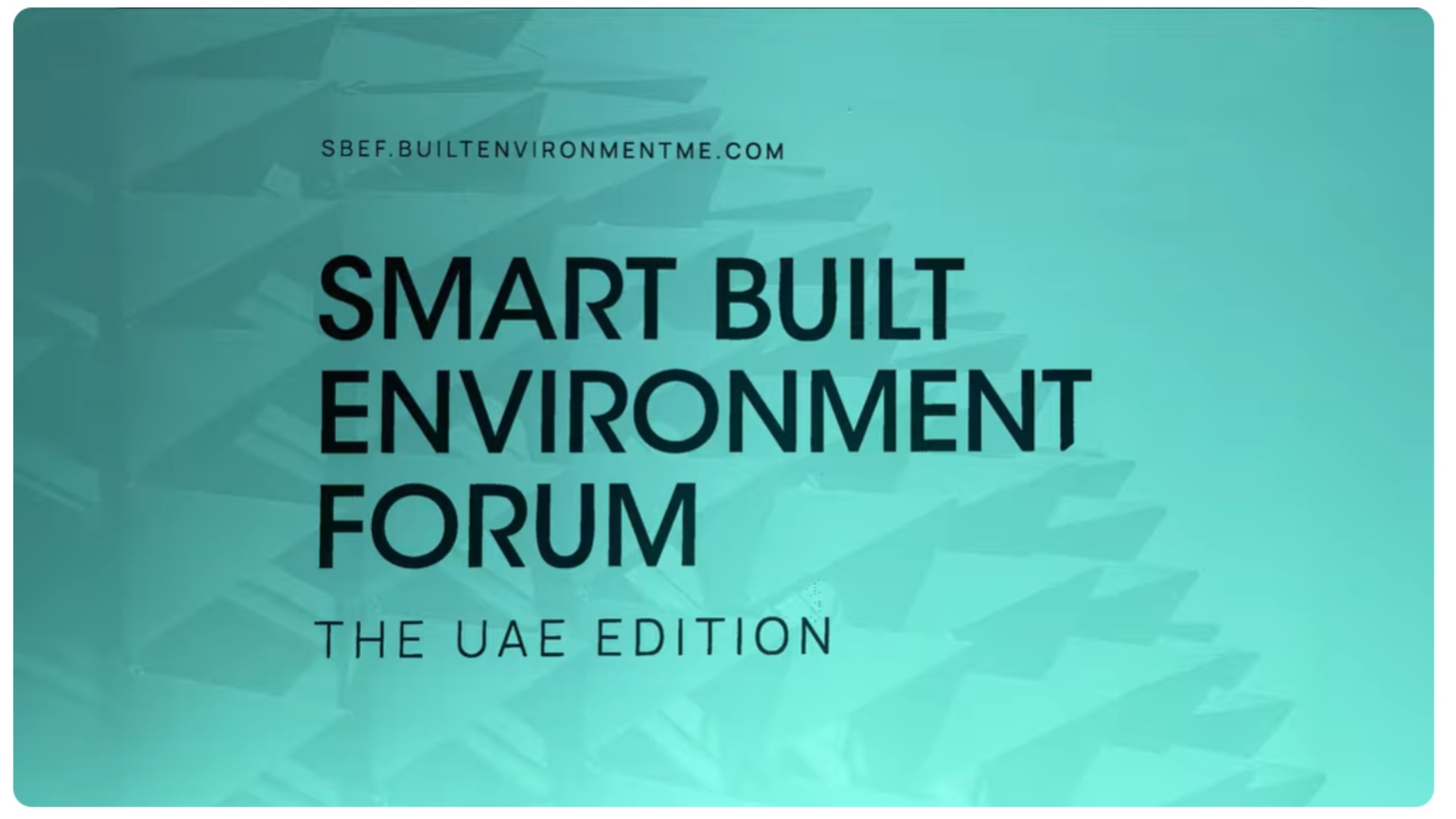






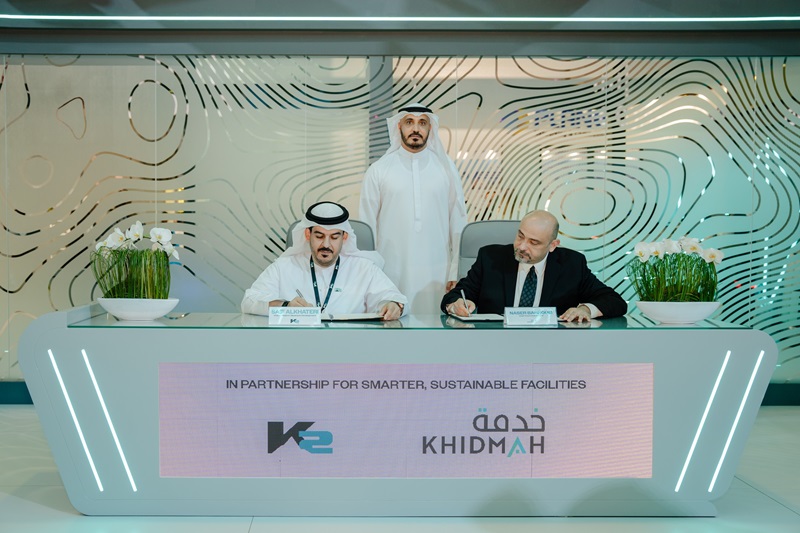



.jpg)

